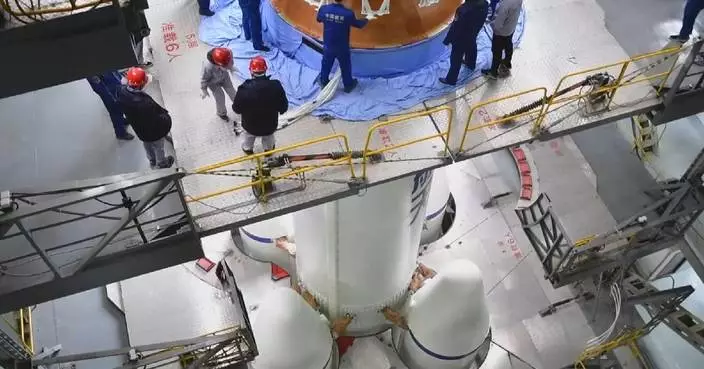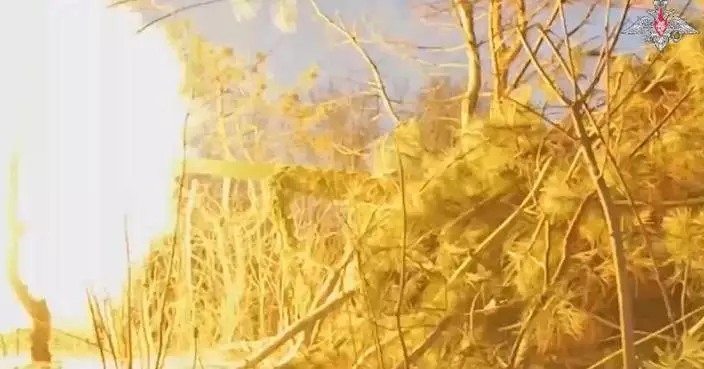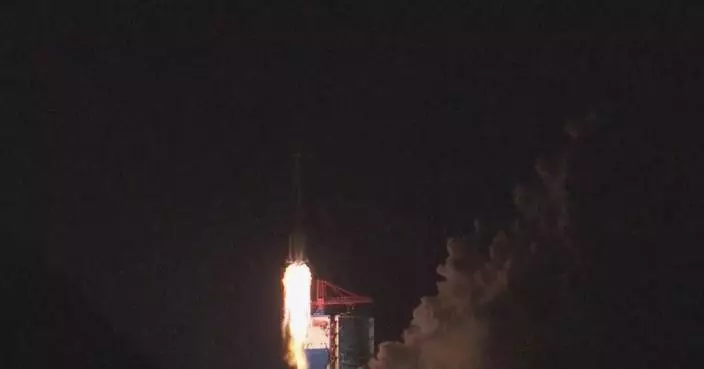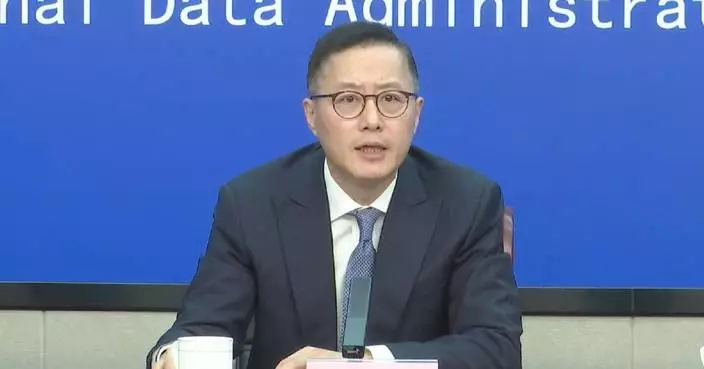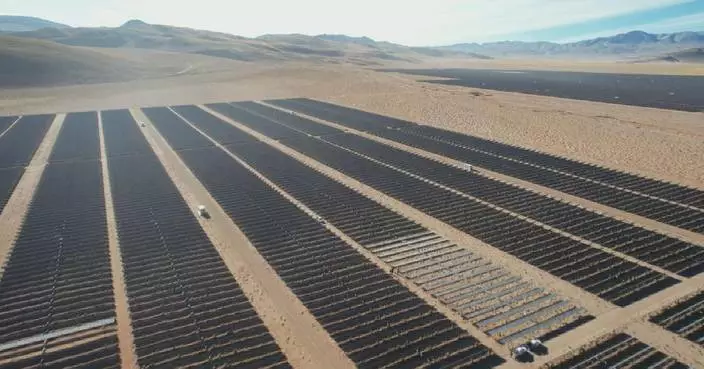The number of people participating in ice and snow-related leisure tourism in China is expected to top 520 million in the 2024-2025 winter season, according to a report issued by the China Tourism Academy on Sunday.
Accordingly, the revenue from ice and snow leisure tourism this wintry season is likely to hit 630 billion yuan (about 86.1 billion U.S. dollars), says the report on China's winter tourism released at the 2025 Ice and Snow Tourism Development Forum, which was held in Harbin City of northeast China's Heilongjiang Province.
The report also reveals that during the 2023-2024 snow season, China saw a total of 430 million participants in ice and snow leisure tourism, generating a revenue of 524.7 billion yuan.
Thanks to the 2022 Beijing Winter Olympics, policy innovations, and promotional efforts by governments at all levels, the ice and snow tourism has seen growing vitality across the country, with the tourism options and consumption scenarios of the sector becoming increasingly diverse.
China aims to boost its ice and snow economy as a new growth sector, targeting an economic scale of 1.2 trillion yuan by 2027 and 1.5 trillion yuan by 2030. The annual Central Economic Work Conference held in December 2024 also called for active efforts to develop the country's ice and snow economy.
Now, with the 2025 Asian Winter Games scheduled to take place from February 7 to 14 in Harbin, China is experiencing a new surge of enthusiasm for winter sports and tourism.
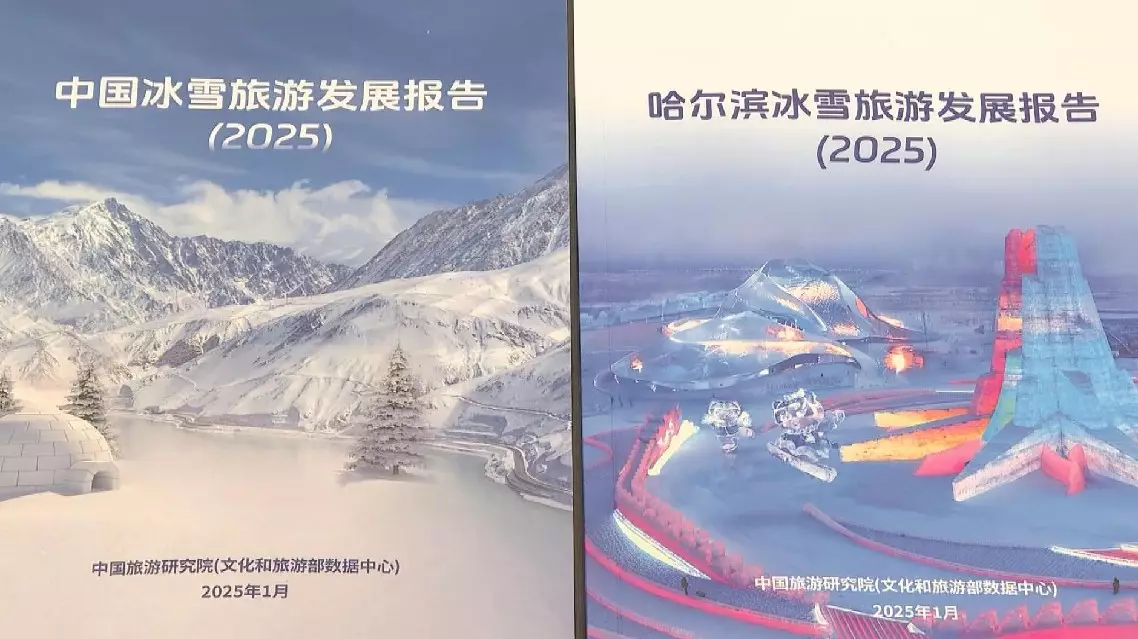
China expects 520 mln participants in ice-snow tourism this winter: report
Canadian Prime Minister Justin Trudeau announced Monday that he is stepping down as the Liberal Party leader but will stay on as prime minister until a new leader is selected, while the opposition leader complained that "nothing has changed".
The prime minister said Governor General Mary Simon had granted his request to prorogue Parliament until March 24.
"Nothing has changed," federal Conservative Leader Pierre Poilievre said on his social media, questioning what has changed with Trudeau's announcement.
"Every Liberal MP and Leadership contender supported everything Trudeau did for nine years, and now they want to trick voters by swapping in another Liberal face to keep ripping off Canadians for another four years," said Poilievre, the official opposition leader.
Trudeau is facing a revolt within his caucus and dismal public opinion polls, which indicate that his party is likely to be swept from power by Pierre Poilievre's Conservatives in an election, according to local media.
The House of Commons was scheduled to resume on Jan. 27, with the Conservatives planning to advance a non-confidence motion. Other opposition parties had indicated their readiness to bring down Trudeau's minority Liberal government. Trudeau's request for prorogation buys the Liberals time to run an expedited leadership race without facing a confidence vote.
A new session of Parliament would begin with a Speech from the Throne, setting the stage for a key confidence vote that could trigger a federal election in May if the Liberals fall.
Trudeau's decision to continue as prime minister through the next two months comes as Canada braces for the start of U.S. President-elect Donald Trump's second term and his threats of 25 percent tariffs on imports from Canada.
A majority of members of Parliament from the regional Liberal caucuses told Trudeau over the Christmas break that he must step aside. A national, daylong caucus to discuss the matter had been set for Wednesday, but this is now moot with a leadership race underway.
Liberal members of Parliament and party members will be briefed in the coming days on the party's constitution and caucus' role in the upcoming leadership campaign. According to the Liberal Party of Canada's constitution, "upon the occurrence of a leadership trigger event," or if the leader announces resignation, a meeting of the national board of directors must be called within 27 days. In consultation with the caucus, the board could appoint an interim leader. The top party officials would also be required to set a date for a leadership vote and other parameters around the race.
Trudeau has been the leader of the Liberal Party of Canada since 2013 and prime minister since 2015.
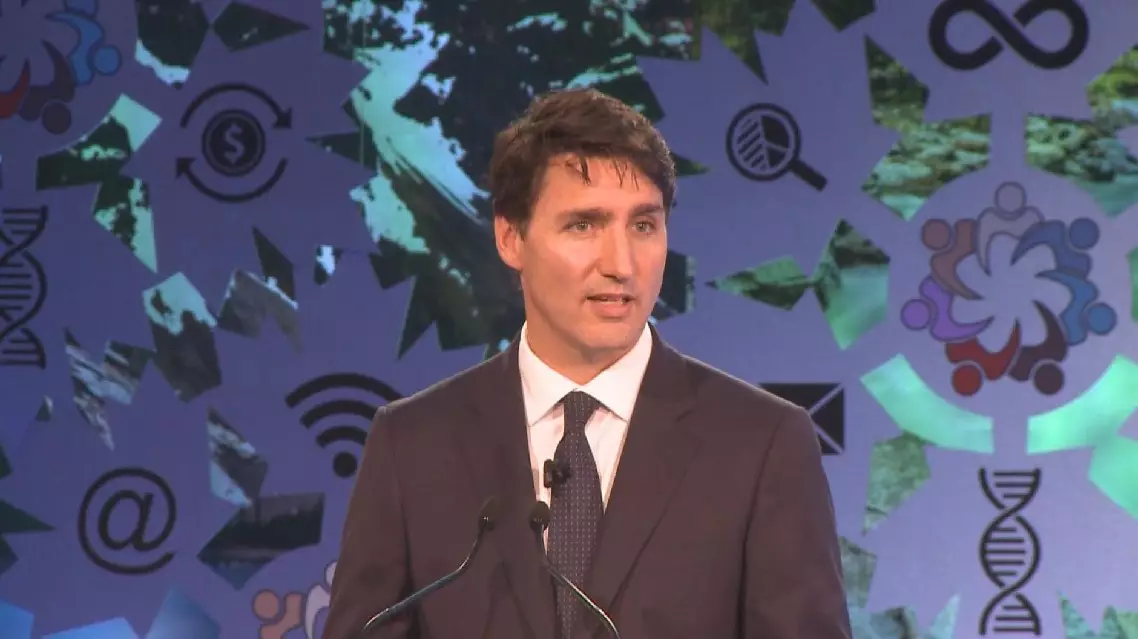
Canadian prime minister to step down as opposition complains "nothing has changed"





